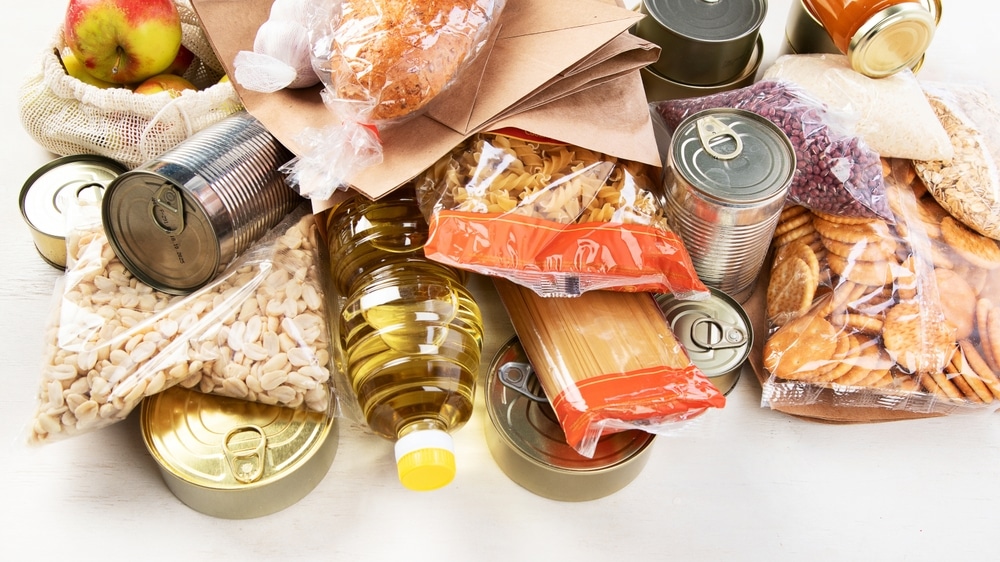Most people want to help when they donate to a food bank, but not everyone is sure what will be most useful.
While the spirit of giving is always appreciated, some items like home baked goods or food in glass containers are harder to store, distribute, or may not meet the nutritional needs of families.
That’s why choosing shelf-stable, versatile, and nourishing foods can make a big difference.
Here are 10 types of essential donations that food banks consistently welcome that truly support families in need.
1. Shelf-Stable Milk
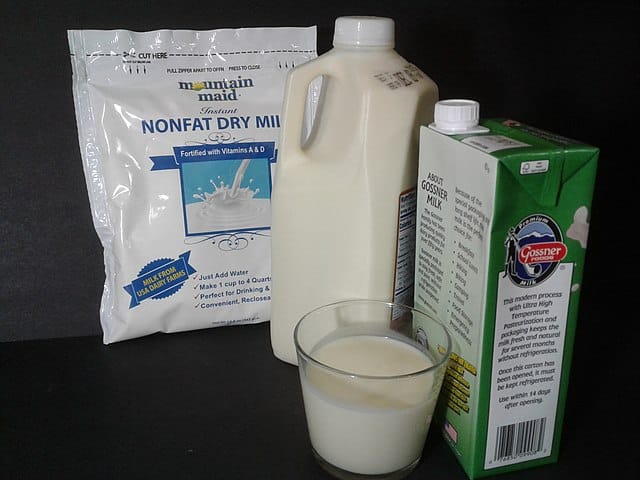
Powdered or boxed UHT milk is a valuable donation since it doesn’t require refrigeration. It provides protein, calcium, and vitamins many families need.
2. Nutritious Snacks
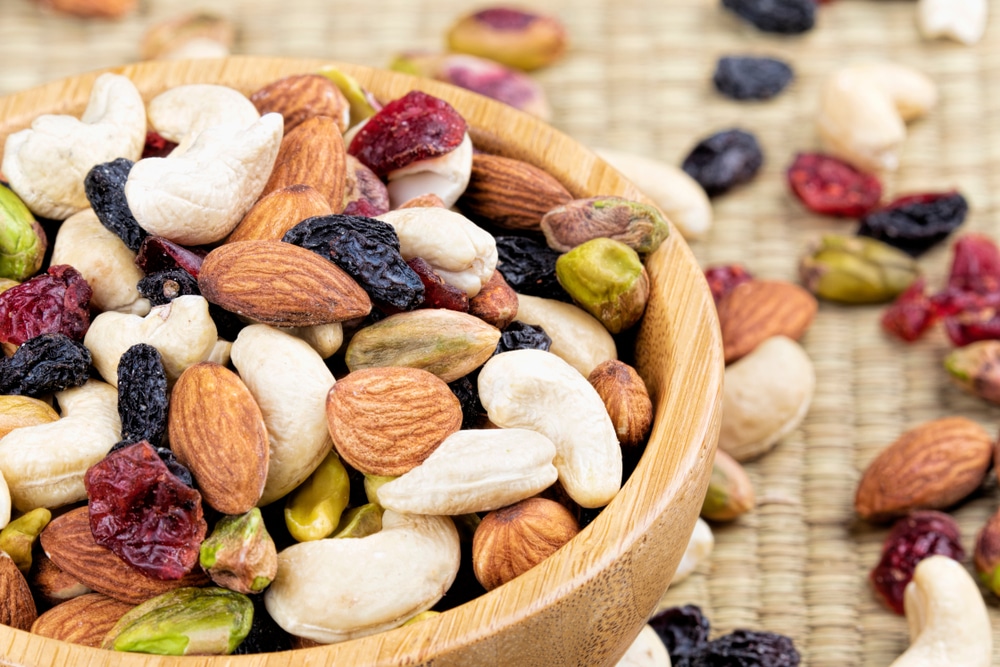
Instead of candy or soda, think granola bars, trail mix, or whole-grain crackers. These shelf-stable snacks are perfect for kids’ lunchboxes or quick energy on the go.
3. Pantry Staples in Secure Packaging
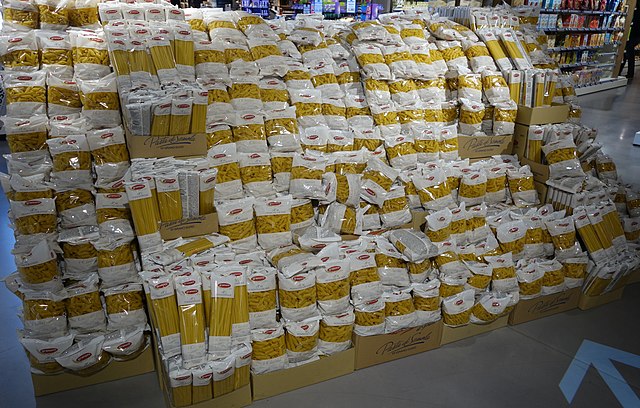
Rice, pasta, lentils, and oats in sealed plastic or cardboard packaging are always useful. They’re versatile, filling, and easy for families to stretch into multiple meals.
4. Canned Goods (Not Glass)
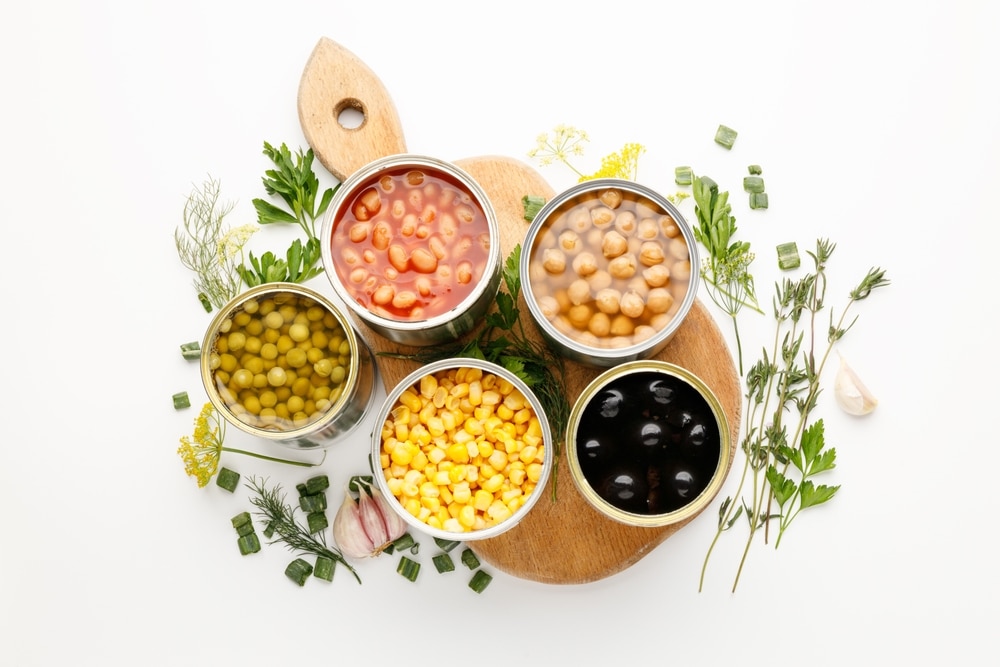
Canned vegetables, beans, tuna, or chicken provide protein and nutrients without refrigeration. Pop-top cans are especially appreciated for families without can openers.
5. Healthy Breakfast Foods
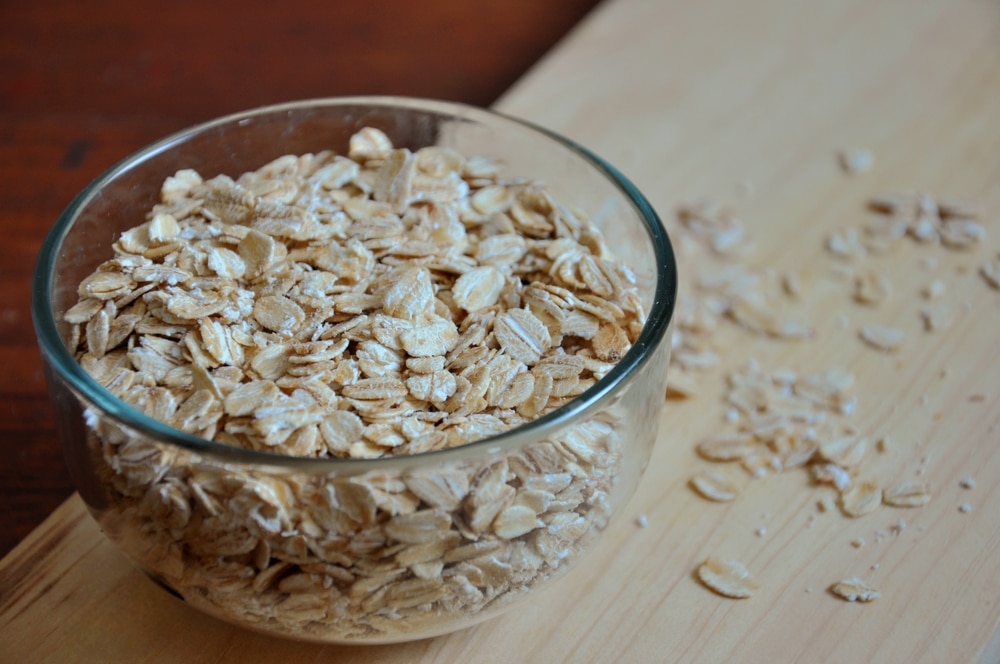
Food banks often request low-sugar cereal, rolled oats, or whole-grain pancake mix. Breakfast foods give kids the fuel they need to start the day strong.
6. Baby Formula & Infant Food
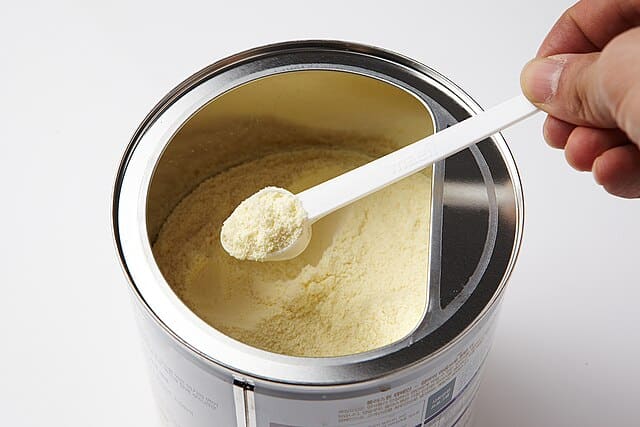
Shelf-stable baby formula, baby cereal, and jarred purées (in safe packaging) are essential donations. These items are often in short supply but in high demand.
7. Cooking Oils & Condiments
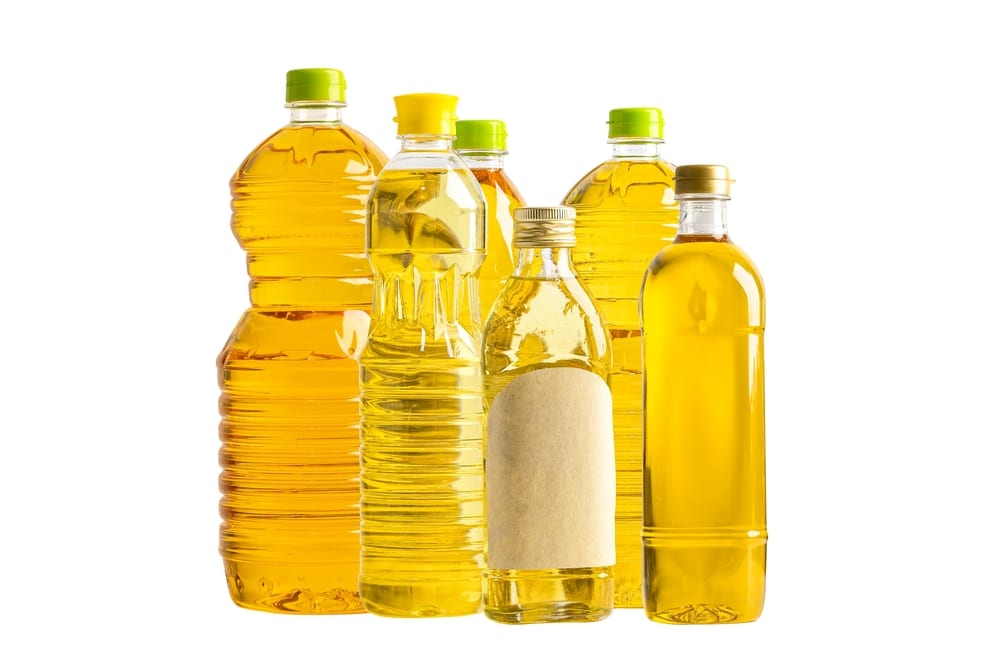
Small bottles of vegetable oil, olive oil, or shelf-stable condiments like peanut butter and jam help families cook meals from donated staples.
8. Personal Care Products
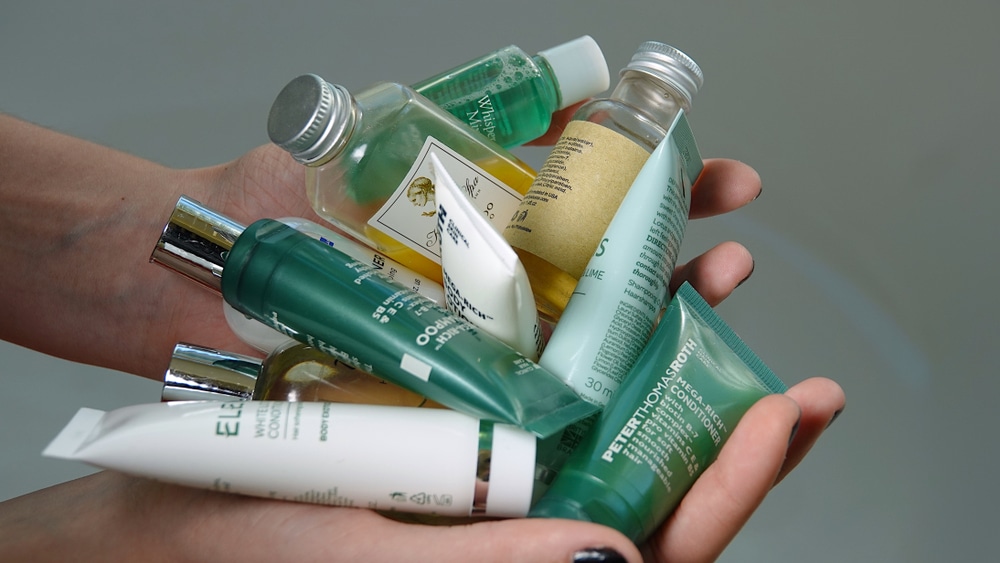
While not food, toiletries like soap, toothpaste, and feminine hygiene products are often requested by food banks. Essentials like these help families stretch their budgets further.
9. Canned or Dried Soups
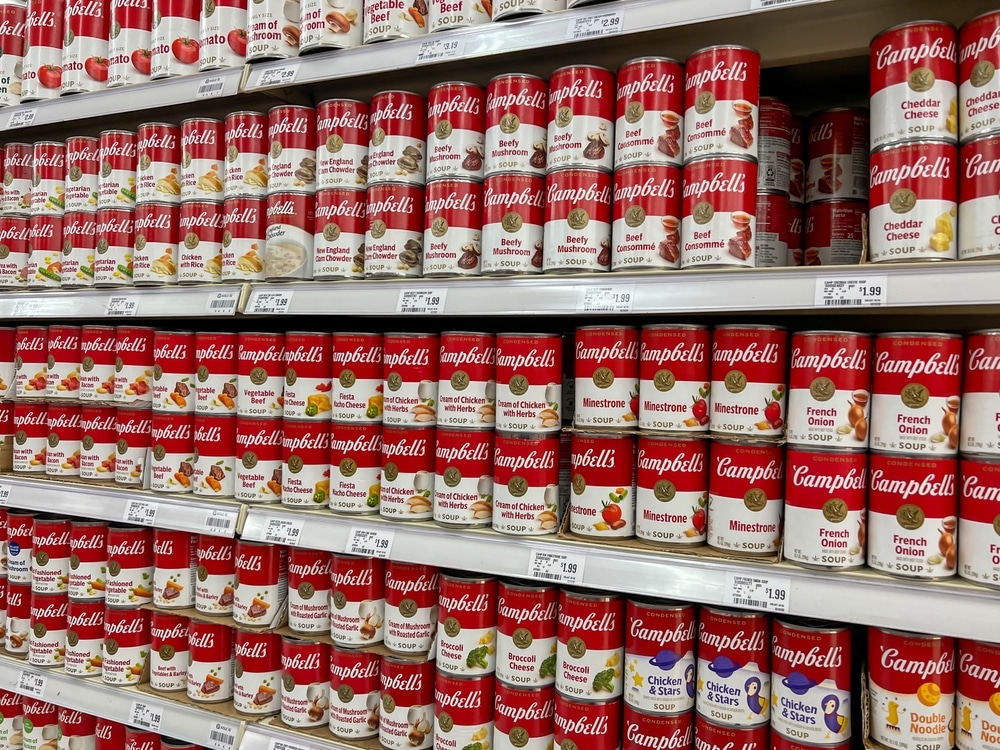
Low-sodium canned soups, stews, or dried soup mixes provide quick, filling meals. These are especially helpful during colder months.
10. Monetary Donations

Food banks can stretch every dollar far beyond what most individuals can donate. With direct funds, they purchase fresh produce, protein, and culturally appropriate foods tailored to community needs.

